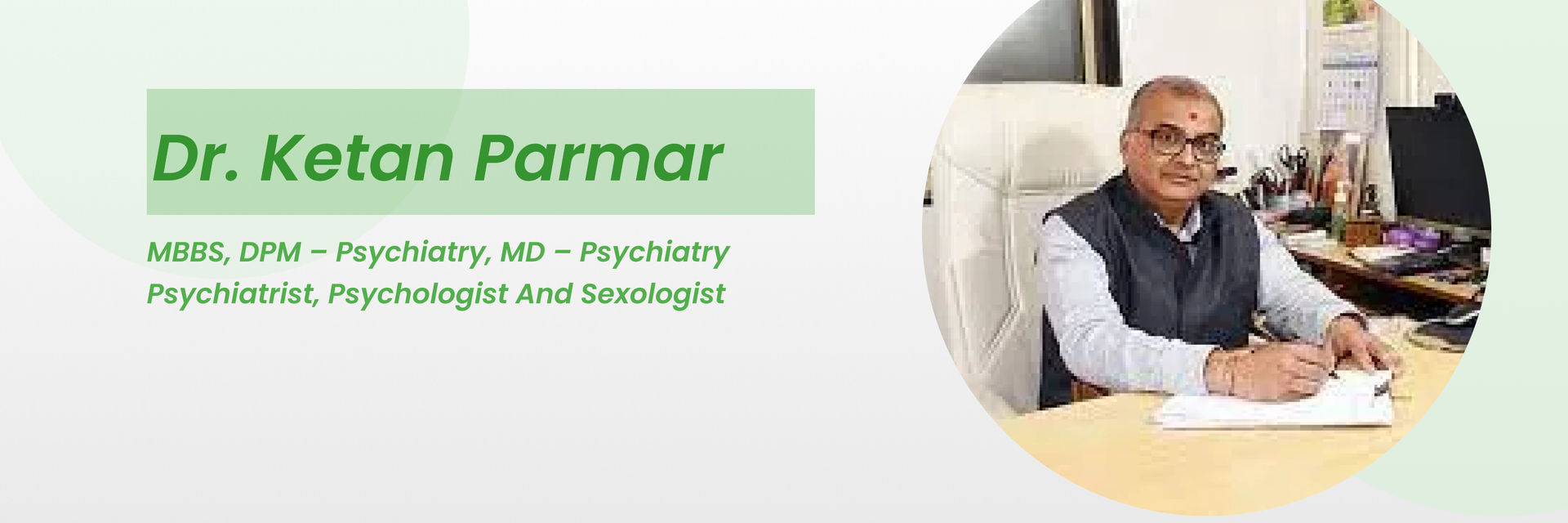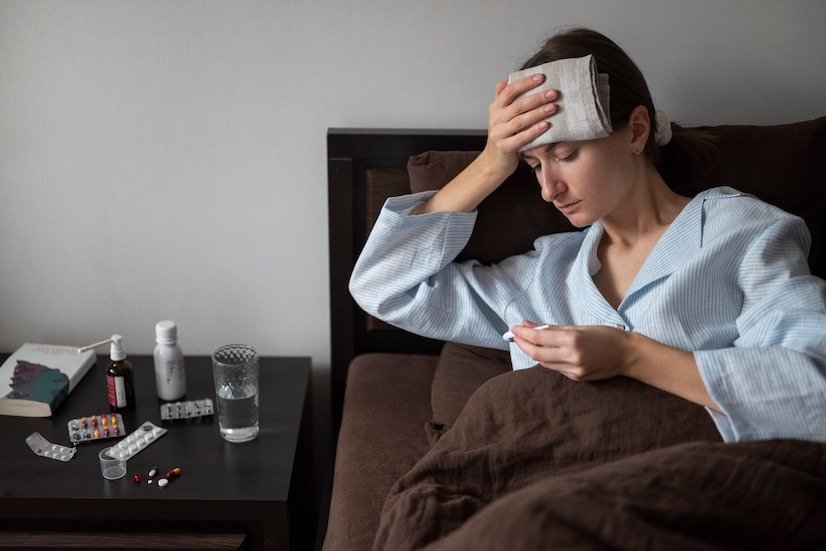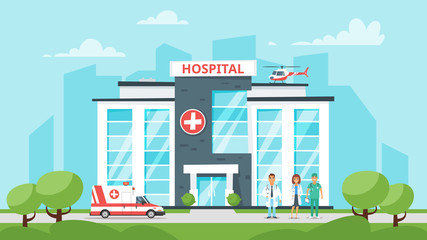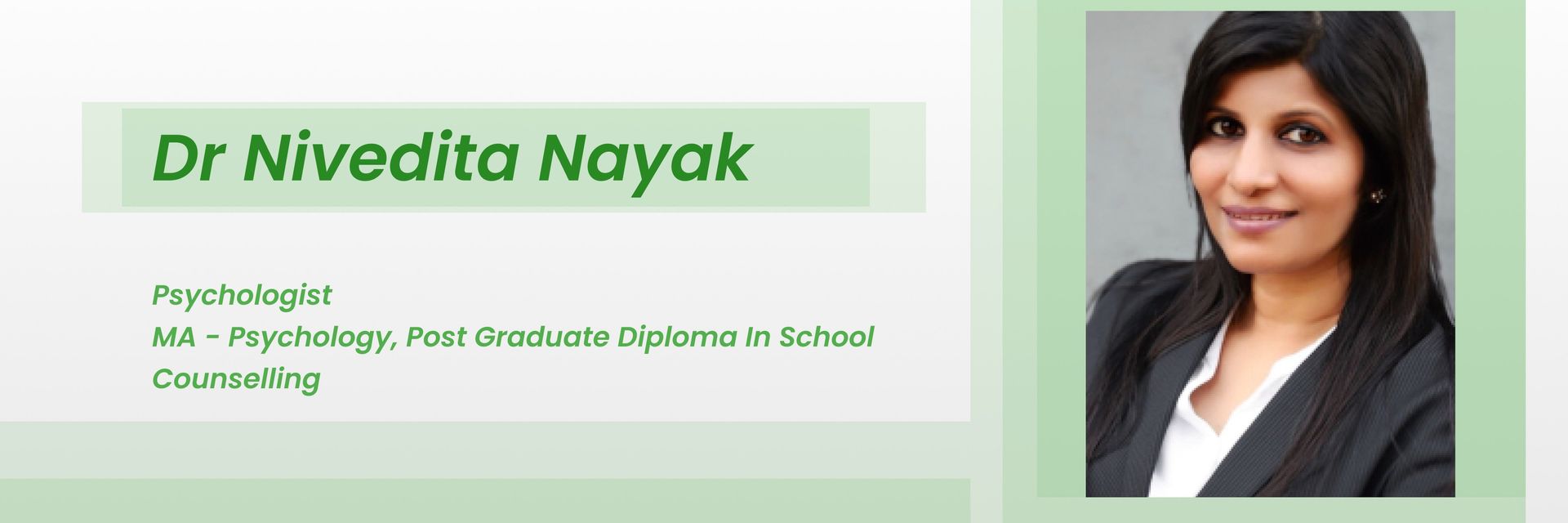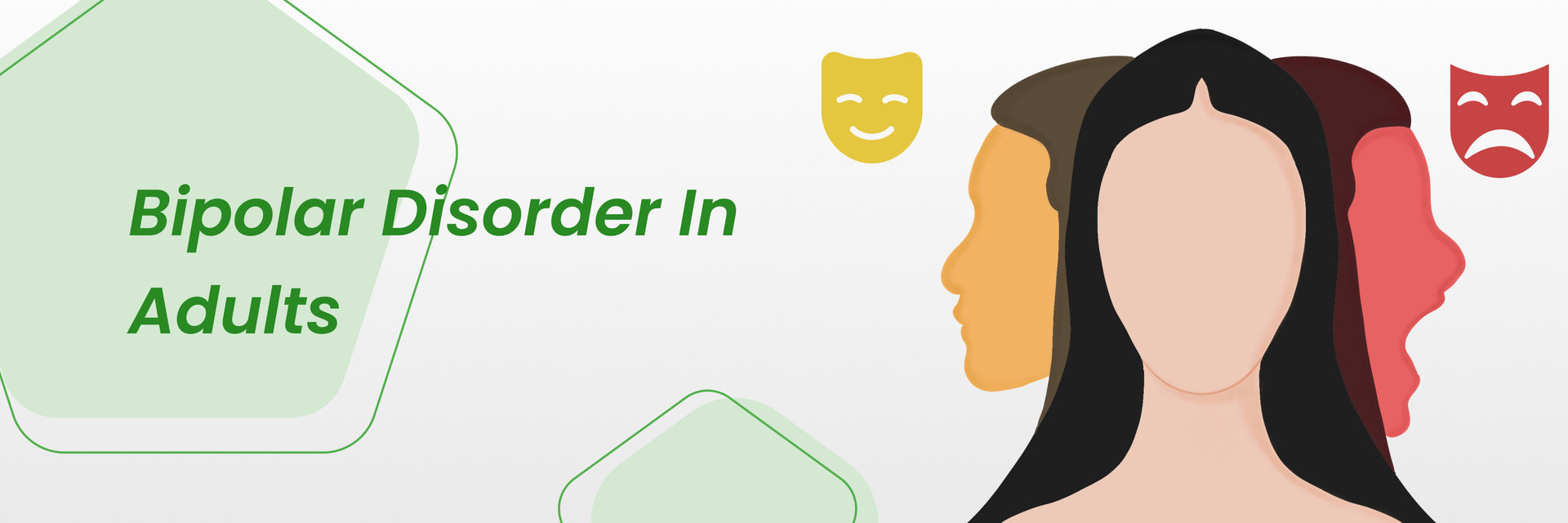Introduction
Alcohol-induced depressive disorder is a condition in which prolonged alcohol use leads to depression. While some individuals may experience temporary depressive symptoms due to alcohol consumption, others might face more persistent issues.
This disorder affects many individuals. They struggle with alcohol abuse, creating a tough cycle of addiction and depression. The disorder can appear during drinking periods. Or, it can appear shortly after stopping drinking. It greatly harms mental health and daily life. Some people may improve after cutting alcohol. But others may need more treatment. They may need therapy and medication to manage their depression. Recognizing the link between alcohol use and depression is key to seeking effective help.
"Alcohol-induced depressive disorder is a serious condition where chronic alcohol use leads to significant changes in brain chemistry, resulting in depression. Alcohol acts as a depressant on the central nervous system, depleting neurotransmitters like serotonin and dopamine that regulate mood. This disorder creates a vicious cycle where alcohol consumption exacerbates depression, leading to increased drinking as a misguided attempt to cope. Understanding the direct impact of alcohol on mental health is crucial for effective intervention and recovery. Addressing both the alcohol use and the resulting depression is essential for long-term mental well-being." - says Dr. Vikas Patel, Psychiatrist.
Did you know?
Alcohol use disorder (AUD) and depressive disorders often co-occur more frequently than expected by chance.
- In India, individuals with AUD often have comorbid mood and anxiety disorders.
- AUD and depressive disorders are among the most prevalent psychiatric conditions. People with both AUD and depression have a heightened risk for suicidal behaviour.
- Alcohol-induced depression is relatively uncommon. In people with a substance use disorder, less than 1% with depressive disorders exhibit substance-induced symptoms.
- The lifetime prevalence of AUD among populations with major depressive disorder (MDD) ranges from approximately 27% to 40%
Understanding this condition, its causes, symptoms, and treatment options can help those affected seek the necessary support and intervention.
Have you ever wondered how alcohol can affect your mood so deeply? Let's delve into how alcohol-induced depressive disorder impacts mental health and what you can do about it.
How does alcohol contribute to depression?
Alcohol contributes to depression in several significant ways. When consumed, alcohol acts as a depressant on the central nervous system. This slows the brain. It changes the balance of neurotransmitters, the chemicals that transmit brain signals.
1. Neurotransmitter Imbalance: Alcohol affects the levels of serotonin and dopamine in the brain. These neurotransmitters are essential for maintaining mood balance. When their levels are disrupted by alcohol consumption, it can lead to feelings of sadness and depression.
2. Brain Chemistry Changes: Prolonged alcohol use can change brain chemistry. The changes persist even when not drinking. These changes can create a chemical imbalance that contributes to depressive symptoms.
3. Stress and Life Circumstances: Excessive drinking leads to stress. It causes issues like relationships, money, and legal problems. These stressors can increase feelings of hopelessness and exacerbate depression.
4. Sleep Disturbances: This can disrupt sleep, causing poor sleep or insomnia. Lack of restful sleep greatly hurts mental health. It adds to the start and worsening of depression.
5. Nutritional Deficiencies: Heavy drinking can cause poor nutrition. It can lead to deficiencies in essential vitamins and minerals, such as B vitamins, which are important for brain health and mood.
6. Social Isolation: Alcohol abuse can cause social isolation. It does this by straining relationships and causing withdrawal from social activities. Loneliness and isolation are strong risk factors for depression.
Learn how to manage and overcome alcohol-induced depressive disorder with the best psychiatrist now and get personalized treatment plans to start your journey to recovery!
Symptoms of alcohol-induced depressive disorder
The symptoms of alcohol-induced depressive disorder are similar to those of major depressive disorder and can include:
- Persistent feelings of sadness or emptiness
- Loss of interest in activities once enjoyed
- Significant changes in weight or appetite
- Sleep disturbances (insomnia or oversleeping)
- Fatigue or lack of energy
- Feelings of worthlessness or excessive guilt
- Difficulty concentrating or making decisions
- Thoughts of death or suicide
Wondering how doctors determine if alcohol is affecting your mood? Getting a proper diagnosis is the first step towards recovery.
Keep reading and know here’s how it’s done.
How is alcohol-induced depressive disorder diagnosed?
Diagnosing alcohol-induced depressive disorder involves a thorough evaluation by a mental health professional. The process typically includes:
- Medical history review focusing on alcohol use patterns
- Psychological assessment to identify depressive symptoms
- Ruling out other potential causes of depression
- Evaluating the timeline of alcohol use and the onset of depressive symptoms
How to prevent alcohol-induced depressive disorder?
Moderate Alcohol Consumption: Limit your alcohol intake to recommended levels. For men, this means up to two drinks per day, and for women, up to one drink per day.
Seek Help Early: If you notice any signs of alcohol dependency or mental health issues, seek professional help promptly to prevent the situation from worsening.
Stay Informed: Educate yourself about the risks associated with excessive alcohol consumption and its impact on mental health.
Build a Support Network: Surround yourself with supportive friends and family who encourage healthy habits and provide emotional support.
Healthy Lifestyle: To improve overall well-being, maintain a balanced diet, exercise regularly, and practice stress-reducing yoga and meditation.
Avoid High-Risk Situations: Stay away from environments and situations that encourage excessive drinking or where you feel pressured to drink.
Regular Check-Ups: Visit your healthcare provider regularly for check-ups to monitor your physical and mental health and address any concerns early.
Alcohol-induced depressive disorder can be challenging, but understanding it is the first step towards managing it.
Discover effective strategies from the top psychiatrist to prevent alcohol-induced depressive disorder and maintain your mental well-being.
Conclusion
Alcohol causes depressive disorder. It is a complex condition. It mixes alcohol abuse with depression. This creates a tough cycle for those affected. Understanding the disorder is key. Recognizing the symptoms and seeking treatment are crucial steps to recovery. People can beat this disorder with the right support and intervention. They can then lead healthier, happier lives.
FAQs
1. How long does it take for symptoms to improve after stopping alcohol?
Improvement in symptoms can vary. Some may see changes within weeks, while others may take months to notice big changes.
2. What should I do if I suspect I have alcohol-induced depressive disorder? Get help from a healthcare provider or mental health professional. They can give an accurate diagnosis and treatment plan. Support groups and counselling can also be beneficial.
